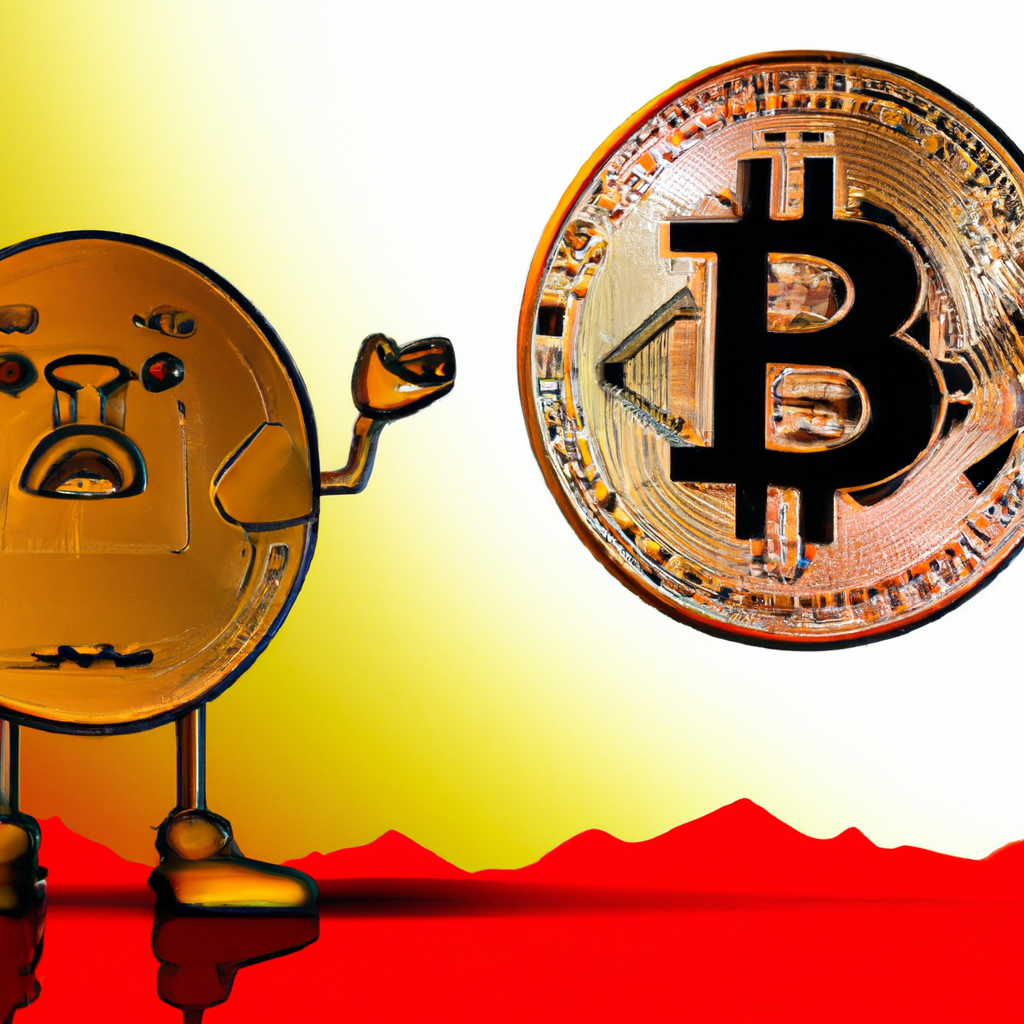
Today's Quote: ""
Swiss National Bank chief dismisses Bitcoin reserve calls
2025-04-28 00:15:01
Swiss National Bank President Dismisses Bitcoin Reserve Calls
In a surprising turn of events, Thomas Jordan, the President of the Swiss National Bank (SNB), dismissed the idea that Bitcoin could be incorporated into the bank's reserves. His comments have sparked a debate among cryptocurrency enthusiasts and financial experts alike, with many pondering the potential of Bitcoin as a reserve currency.
Why the Dismissal?
Speaking recently, Jordan expressed his reservations about Bitcoin's volatility and its limited use as a medium of exchange. He argued that these factors make Bitcoin a less than ideal candidate for a reserve asset, as central banks need to hold stable and widely accepted assets in their reserves.
Despite growing interest in the use of digital currencies by central banks, Jordan's stance is consistent with many of his peers worldwide. Financial institutions remain cautious, primarily due to the inherent risks and the lack of control associated with cryptocurrencies.
Bitcoin's Potential as a Reserve Asset
Bitcoin's proponents see it as a 'digital gold' that can serve as a hedge against inflation and currency devaluation. Its finite supply and decentralization make it a potential candidate for a reserve asset. However, the Bitcoin Fear and Greed Index, a tool developed by bitcoinmeter.io, indicates the high sentiment volatility within the Bitcoin market, which can be a deterrent for institutions seeking stable investment options.
The index measures the market's fear and greed levels, reflecting investor sentiment and market behavior. High fear indicates a potential buying opportunity, while high greed suggests the market may be due for a correction. Understanding these sentiment shifts is crucial for institutions considering Bitcoin for their portfolios.
Conclusion
While the Swiss National Bank's dismissal of Bitcoin as a reserve asset might be disappointing for cryptocurrency enthusiasts, it presents an opportunity for further dialogue and exploration of Bitcoin's potential in the financial world. As digital currencies continue to evolve, their role in the global economy is a topic that warrants close attention.
Disclaimer: This content is for informational purposes only and not financial advice. Always do thorough research before making investment decisions.

